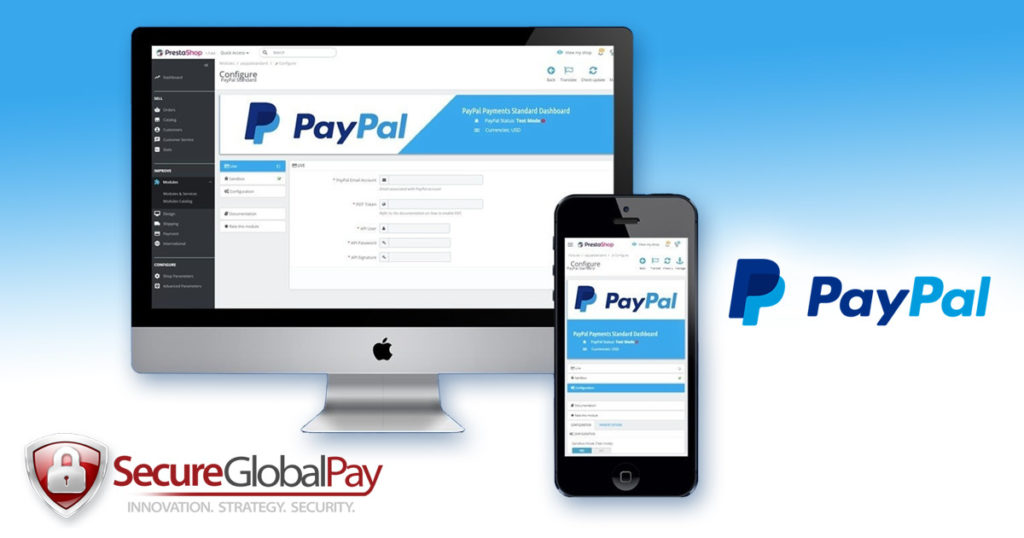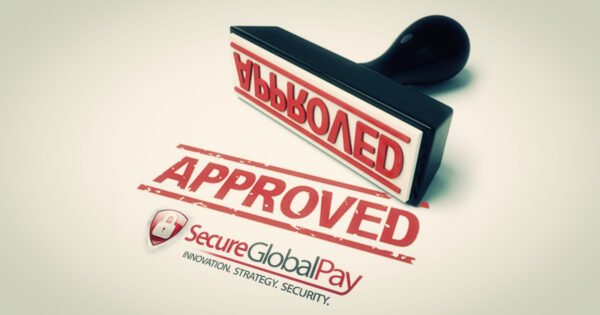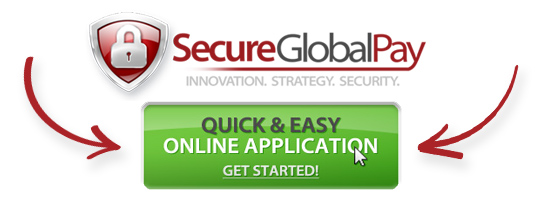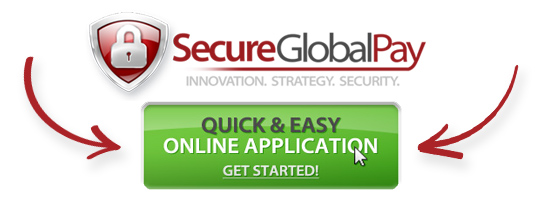
PayPal Merchant Account Requirements?
PayPal was the first to offer an alternative payment method for online sales back in 1998. Because users did not need a credit card to make purchases, it quickly became their favorite way to buy and sell for online auctions. eBay users drove its popularity in the early days and things just took off from there. What are today’s PayPal merchant account requirements and how do they differ from opening a merchant account with a direct MID and processor?
Opening a basic PayPal account is still free and that rocketed its usage amongst consumers too.
Does PayPal provide merchant account services for all small business owners and business types? What are the PayPal merchant account requirements?
How Does PayPal Work Technically?
PayPal is not a bank. It claims to offer merchant accounts for businesses but what it gives you is not a true merchant bank account.
What’s the difference?
Services like PayPal, Stripe, and Square are what are called payment facilitators (PayFacs) or payment aggregators. They have a master merchant account and charge their customers also called sub merchants a fee to use it.
Only a bank can offer you a merchant bank account, which is usually called just a merchant account.
However, PayPal works absolutely fine for sole traders and many small businesses, especially in the startup phase. It has gained a good reputation and has improved a lot over the years. However, knowing the PayPal merchant account requirements prior to applying can save you time and money.
Unlike banks, which investigate every application for a financial service before granting it, PayFacs allows businesses to sign up and start using the payment services immediately.
It’s only later that they look at a business and perhaps freeze its account if it does not meet their initial criteria or if it is operating in any risky or even illegal manner. This is why is it extremely important to know the PayPal merchant account requirements ahead of time.
PayPal is technically a merchant account, but different. When you use a service like PayPal, you are utilizing their master merchant account as part of the deal. Perfect for small businesses looking for shopping carts, online invoicing, and online payments.
However, processing larger volumes and higher ticket sales with riskier business models can get your account shut down immediately with funds held. Knowing the PayPal merchant account requirements can prevent this from happening.
The Confusion About PayPal Merchant Account Requirements:
Any business can become a PayPal merchant for payment processing. And therefore PayPal considers that those businesses have a “PayPal merchant account”.
That’s not a problem as long as you are aware of what a true merchant bank account is.
Does PayPal Really Offer Merchant Accounts? The Answer is No and Here is Why.
PayPal is developing several services that appear similar to banking, such as PayPal Credit, for example. PayPal is not a bank, therefore it cannot offer PayPal merchant accounts. It is only a true bank that can offer a merchant bank account.
While credit card processors like WorldPay and SagePay are used to process card transactions and transfer money into a merchant account, PayPal offers a different option.
To break it down in simple terms, the money that enters PayPal’s merchant account does not belong to you, it belongs to PayPal.
However, by signing up with PayPal, you have agreed for PayPal to hand over the money to you upon demand.
But if their terms and conditions are breached, they are under no obligation to hand the money over to you and this is why knowing the PayPal merchant account requirement prior to signing up is your best bet.

A PayPal Merchant Account is a PayPal Business Account
A PayPal merchant account is actually a PayPal business account that allows a business to accept payments without having a traditional merchant account.
A Paypal business account accepts debit and credit card payments, online checks as well as direct payments from Paypal account holders.
How to Set Up a PayPal Merchant Account
Here is how to set up a PayPal merchant account:
- Click sign up on PayPal.com
- Choose business account and click to continue
- Put in your email address and click to continue
- Create login ID, password and add business information
- Read the user agreement, electronic communications delivery policy, and privacy policy, and click agree to continue.
- Provide information about business. Include employer ID and for sole proprietors, provide social security number.
- Enter website address (optional) and click to continue
*PayPal will ask for personal information to confirm your identity. Once completed, PayPal sends an email for you to confirm all the information provided.

Using PayPal Merchant Services: Merchant ID Code and Fees
For you to use PayPal merchant services effectively, you need to know how to find your merchant ID code. It also helps to have an idea about PayPal merchant fees, and to decide if a PayPal merchant account is really a good fit for you.
PayPal Merchant Services: ID Code
Merchant ID PayPal code is a random string of 13 letters and numbers given to you when you open a PayPal account for your business.
Merchant ID PayPal is the code that links your merchant account to PayPal as a point-of-sale which allows you to accept payments.
If you have a PayPal business account, follow the steps below to find your merchant ID PayPal code:
- Log into account
- Click icon settings in the top right corner
- Choose account settings
- Under business profile click business information (left column)
- Merchant ID PayPal code should display
PayPal Merchant Services: Fee
PayPal uses a flat-rate pricing structure.
Basic fees for Paypal merchant services
- Virtual transactions: 2.9% + $0.30
- Swiped transactions: 2.7%
- Invoices: 2.9% + $0.30
- Keyed-in transactions: 3.5% + $0.15
A micro PayPal merchant fee plan helps businesses save money on transactions below $5. With PayPal, there are no statement or PCI compliance fees required.
Even though PayPal charges chargeback fees, there are no hidden fees to worry about.
PayPal Business Bank Account: Benefits Vs Drawbacks
- Allows the use of business names
- Accepts different payment methods including credit/debit cards and mobile payment apps
- Recurring subscription payments
- Simplified checkout process for increased conversions
- Sanctions international transactions
- Offers multiple sign-ins for employees to manage different aspects of the account
The drawbacks of opening a PayPal business account include:
- Pricey transaction fees (even on low-cost purchases)
- High-priced international transfer fees
- Costly chargeback fees
- Suspension of account with little or no notice
- 72 hours hold of funds before access

What is a real merchant bank account?
We explain in full detail in another article What is a Merchant Bank Account but here is a quick summary of the main points:
- A merchant account is a bank account with a difference
- It is a legal requirement for accepting debit and credit card payments
- Card payments must initially be paid into a merchant account by a payment processor, never directly into your regular business bank account
- Funds can then be transferred via ach from your merchant account into your business bank account
- A US business can legally open and operate a merchant account with a bank in many foreign countries
- Most businesses of any size will have their own merchant account
Merchant accounts are simply part of doing business. A business using PayPal typically switches to a regular merchant account when revenues grow beyond about $100,000.00 annually.
Do I Need a Merchant Account to use PayPal for my business?
If you want to use a PayFac for your business payment processing, then you do not need a regular merchant account. Simply complete PayPal’s application process for a business account.
The same applies if you want to use Stripe Square, Skrill, Shopify, or any of the 100+ payment facilitators that offer payment solutions in the US. There are PayFacs in most major countries.

PayPal vs. Merchant Account| The Benefits of Using a Merchant Account
PayPal vs merchant account, what sets them apart?
Providers of merchant accounts don’t just process your card payments. They are full-service providers with features and benefits such as:
- Deal with a credit card processor that understands your industry and the challenges it faces.
- You can call on a dedicated account manager when issues arise.
- Professional and prompt customer support, which PayFacs cannot always provide because of their vast number of users.
- Lower transaction fees and/or charges as sales volumes grow. All merchant account providers and third-party payment processors charge fees. These can be a combination of fixed monthly fees, percentage rates and or charges for specific services as well as a transaction fee. While PayPal does not charge a monthly service fee for their standard account, their percentage rates and transaction fees are far higher.
- Business analytics and customer buying information give a growing business invaluable insights for driving sales strategies.
What you need in order to apply for a merchant account (not PayPal)
Banks approach and underwrite applications in a similar way to loan requests. They check out the business and the person making the application to assess any potential risks.
Even start-ups must have these things in place first:
- A business bank account
- A working website
- A business license in most cases
- Cashflow projections that show expected sales volume
- Your EIN from the IRS
- Government-issued ID such as your driver’s license
If your business has been trading for some time already, then you need to supply:
- P&L and Balance Sheet
- Payment processing history if you already have or have a merchant account
Underwriters may ask for more paperwork, especially if your expected sales volumes are high. The process is usually straightforward but it’s a good idea to think ahead and have everything ready to avoid delays.
PayPal High-Risk Merchant: Does PayPal Offer Services to High-Risk Merchants
Even though PayPal provides merchant accounts for businesses, it is not an acquiring bank that offers services to high-risk merchants.
Services like PayPal, Stripe, and Square are known as payment facilitators (PayFacs) or payment aggregators. They operate by operating a master merchant account and charge fees for sub-merchants to use it.
It would be difficult to provide this type of service to unstable businesses with a high chargeback ratio and a huge number of fraud cases–needless to say that a PayPal high-risk merchant does not exist
PayPal credit card processing facilities work well for low-risk entrepreneurs and small businesses looking to avoid the hassles of owning a regular bank merchant account.
While these banks take days or even weeks to respond after an application has been submitted, PayFacs allows businesses to sign up and use their payment service instantly.

PayPal High-Risk Merchant Account: Transaction: Can I Use It for Transactions?
PayPal is a popular payment platform for processing card payments, but can it be used by high risk businesses?
Opening a PayPal high-risk merchant account is not allowed. PayPal is not compatible with businesses that are vulnerable to excessive chargebacks and fraud.
PayPal’s underwriting process comes after account approval, if you manage to deceptively open a PayPal high-risk merchant account, it is only a matter of time before you lose the account.
Your account cannot be allowed to operate because high-risk businesses are a financial threat to PayPal transactions.
Why it pays to engage the specialist to get your merchant account
We at SecureGlobalPay are long-established providers of full-service merchant accounts. Our specialty is partnering with specialist banks and card processing companies. Our network of contacts in the payments industry means we can provide a payment solution for any legal business. Even those that have been declined by US banks.
Especially for high risk industries, it’s highly recommended to go with a service provider who specializes in your sector. It means they have taken time to understand it and its unique complexities. Usually, the services are then tailored for that industry’s card payment profile.
Our payment processing experts will match your business to an ideal credit card processing company. Then they guide you through the application process.
We will also supply a payment gateway for online sales that is configured to work with the chosen payment service provider.
Start now – get your merchant account here
Click here to take the first step to your merchant account. We aim to get back to you with an update on your application within 1-2 days.
If you need more information or simply want to talk things through, then call us at 1-800-419-1772. We have a team of experts in the field of credit card and mobile payment processing. They will be only too pleased to answer your questions.





